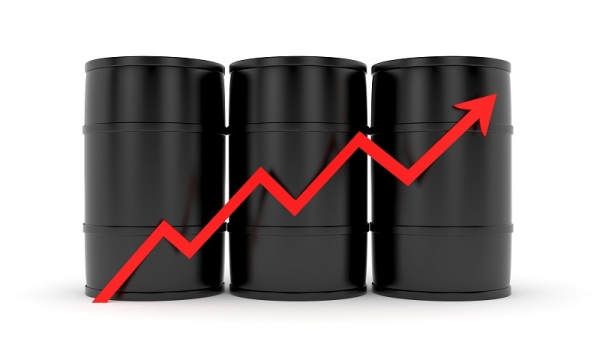The plentiful supply of shale gas in North America has prompted the emergence of the US as an important center for worldwide petrochemical production. Thanks to the abundance of cheap shale gas as a feedstock, petrochemical production costs have gone down dramatically. The shale gas boom could potentially result in a surge in compounding resin production.
The increase in natural gas availability due to the shale gas boom has resulted in a plentiful supply of ethylene. This in turn has led to a dramatic increase in polyethylene production via the process of ethylene cracking. Lower polyethylene prices and increased production capacity could potentially have a substantial impact on resin prices.
Opinions vary as to what extent plastics processors stand to gain from the shale gas boom. On the one hand, the reduction in polyethylene production costs ought to be beneficial for plastics processors as their material expenses stand to decrease considerably. However, it is unclear just how far the price of polyethylene could fall. It has been suggested that the price of polyethylene corresponds to the cost of production from crude oil, rather than from natural gas. Furthermore, polyethylene prices are dictated by the inventory of the supplier.
In addition to ethylene, shale gas also contains a large amount of propylene. The new abundance of shale gas therefore has implications for polypropylene production. Most of the benefits the petrochemicals industry has derived from shale gas thus far have come from ethylene cracking. However, recent advances in propylene dehydrogenation (PDH) technology mean that this is expected to change. With resin producers set to begin polypropylene production as early as 2015, the full force of the shale gas boom may soon be felt in the polypropylene sector. While polypropylene prices are unlikely to fall to the extent of polyethylene prices, the increased availability of propylene is expected to result in a less volatile polypropylene market.
The extent to which the shale gas revolution will drive compounding resin production may not yet be fully understood; however, it is clear that these are exciting times for the US petrochemicals industry. The advantage of shale gas is local to North America, and opportunities abound for both domestic business and export.

